Airing on TBN
SATURDAYS at 9 PM EST
DAILY
GROWTH
JOURNAL
Growth becomes unstoppable when it becomes a daily habit
365 Days of DIscipleship & transformation

NEw release - ORDER NOW
Fire Starters
Igniting Revivals & Sustaining Spiritual Awakening
Be a part of the movement
Now streaming on your favorite platforms

Available now
The Breakers App
with Pastor Mike Signorelli
MEET
Mike Signorelli
Mike is the founding pastor of V1 Church, a global voice for deliverance, renewal, and revival—reaching millions through preaching, media, and practical equipping.
PAstor Mike writes | view all
SUNDAYS
Join Pastor Mike for Church Online This Weekend
live teaching
Subscribe on Youtube
to never miss a live teaching
VISIT
Come visit one of our national V1 Church locations.
Resources to Equip and Encourage You
Discover books, podcasts, broadcasts, and tools to help you grow in your faith and live with greater freedom.
Pastor Mike writes | view all
SUNDAYS
Join Pastor Mike for Church Online This Weekend
live teaching
Subscribe on Youtube
to never miss a live teaching
VISIT
Come visit one of our national V1 Church locations.
Free Resources to Equip and Encourage You
Access free eBooks and tools to help you grow in your faith and live in greater freedom.
ASK Pastor Mike
WATCH Pastor Mike
Explore the Bible with Pastor Mike
Don’t just survive - thrive.
Don’t just survive - thrive.

Check out our Merch
Resources for Your Breakthrough
Books that break chains, build faith, and ignite purpose.
Fire Starters
Igniting revivals & sustaining spiritual awakening. Ten of today’s most influential revivalists share what they’ve experienced and learned on the front lines of revival.
“Add a short Quote here”
Person.
Inherit Your Freedom
Unlock the freedom God has already given you—and live fully alive.
“This book is a must-read for anyone seeking to reclaim their spiritual heritage and walk in lasting freedom.”
Vlad Savchuk
Lead pastor, HungryGen Church
From Chaos to Clarity
Kick fear in the face, overcome shame, and discover your true identity in God.
“This is a quick read but it isn't shallow, it cuts deep to the heart of many issues and provides spiritual solution. The truths shared here will transform your life if you let them.”
Cassie M.
Join The List
Be part of the journey—receive Pastor Mike’s weekly email filled with encouragement, updates, and exclusive insights.
Become a Partner
Your monthly partnership helps us spread healing, deliverance, and salvation around the world. Enjoy exclusive access to Pastor Mike’s teachings, Zoom meetings, prophecy, and more.

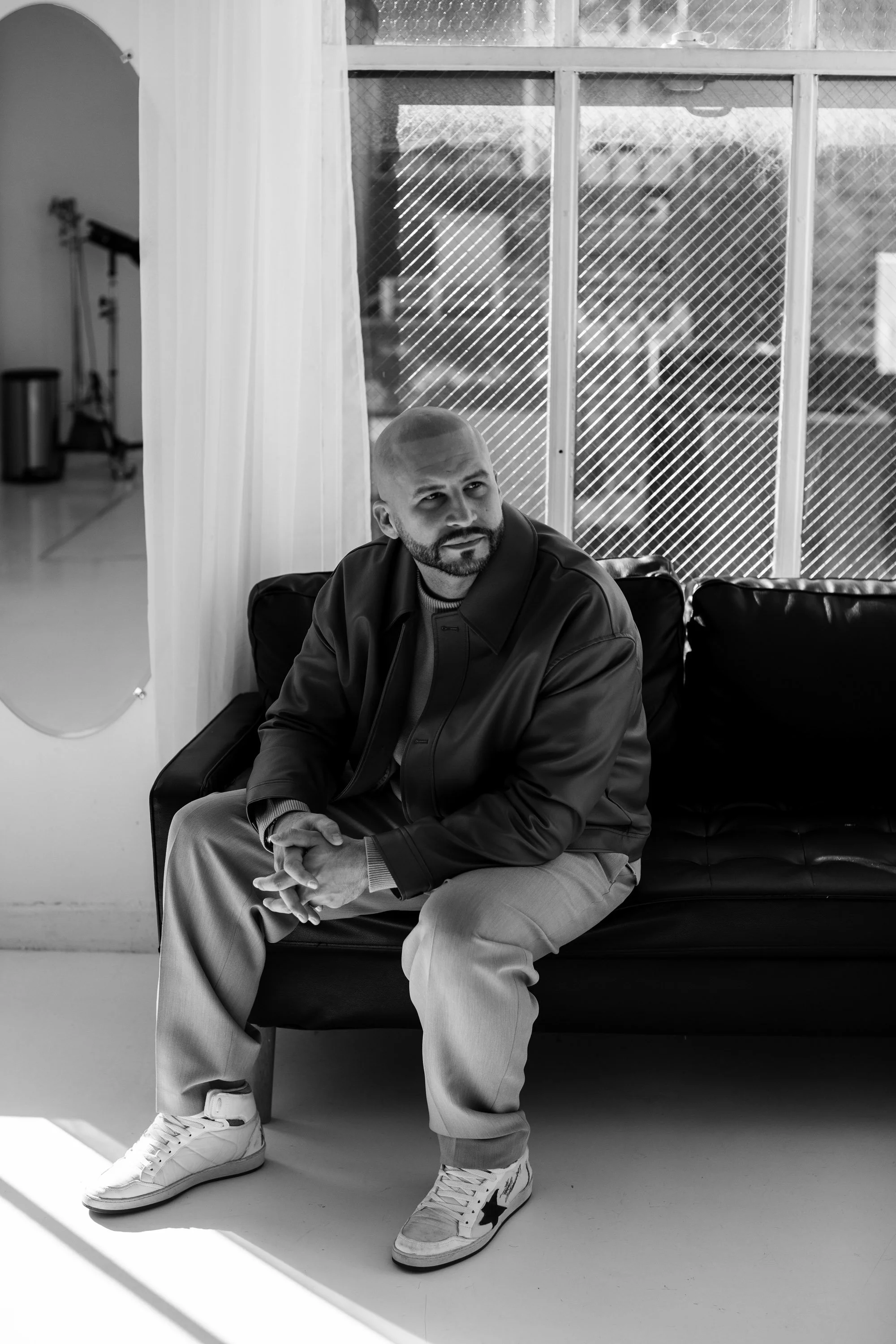


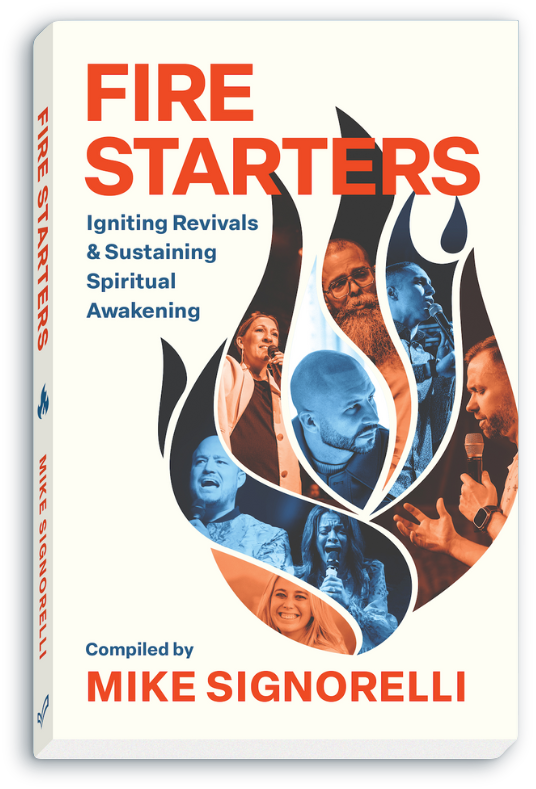



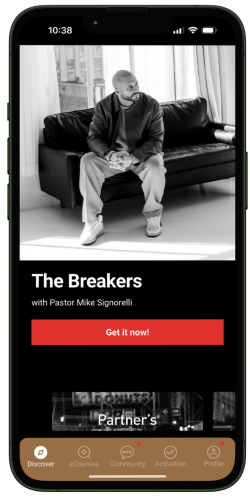








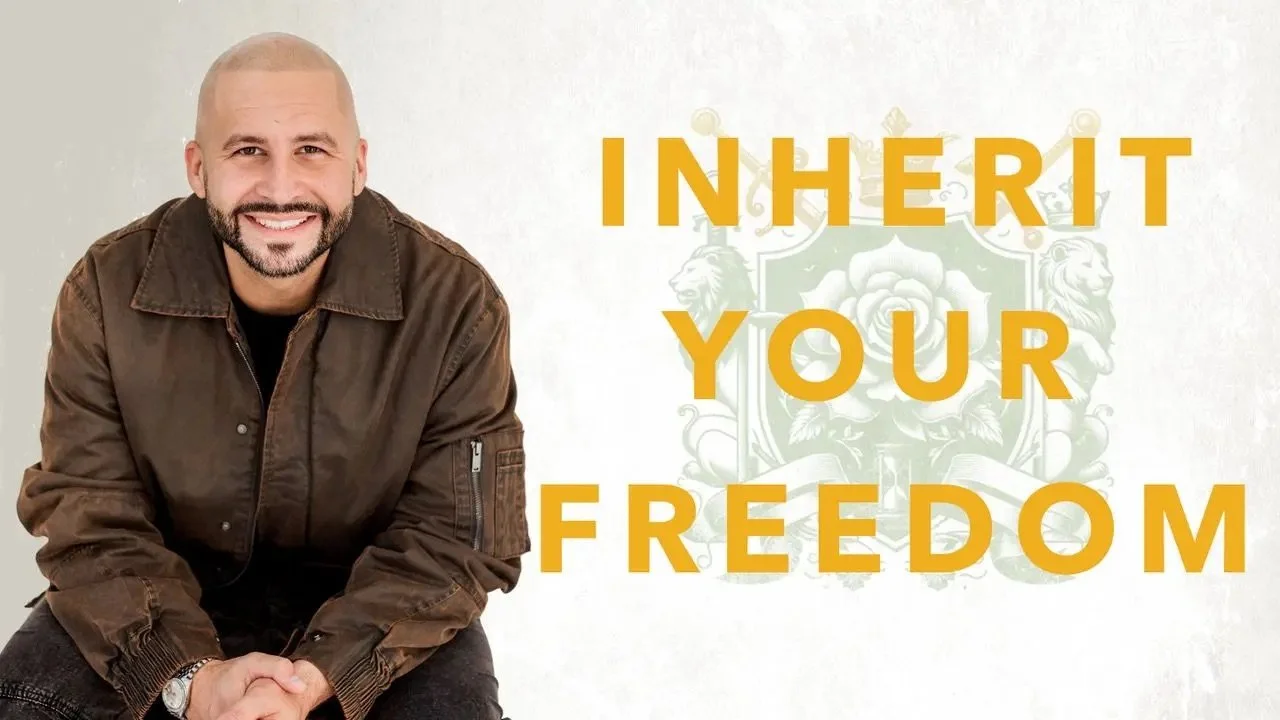




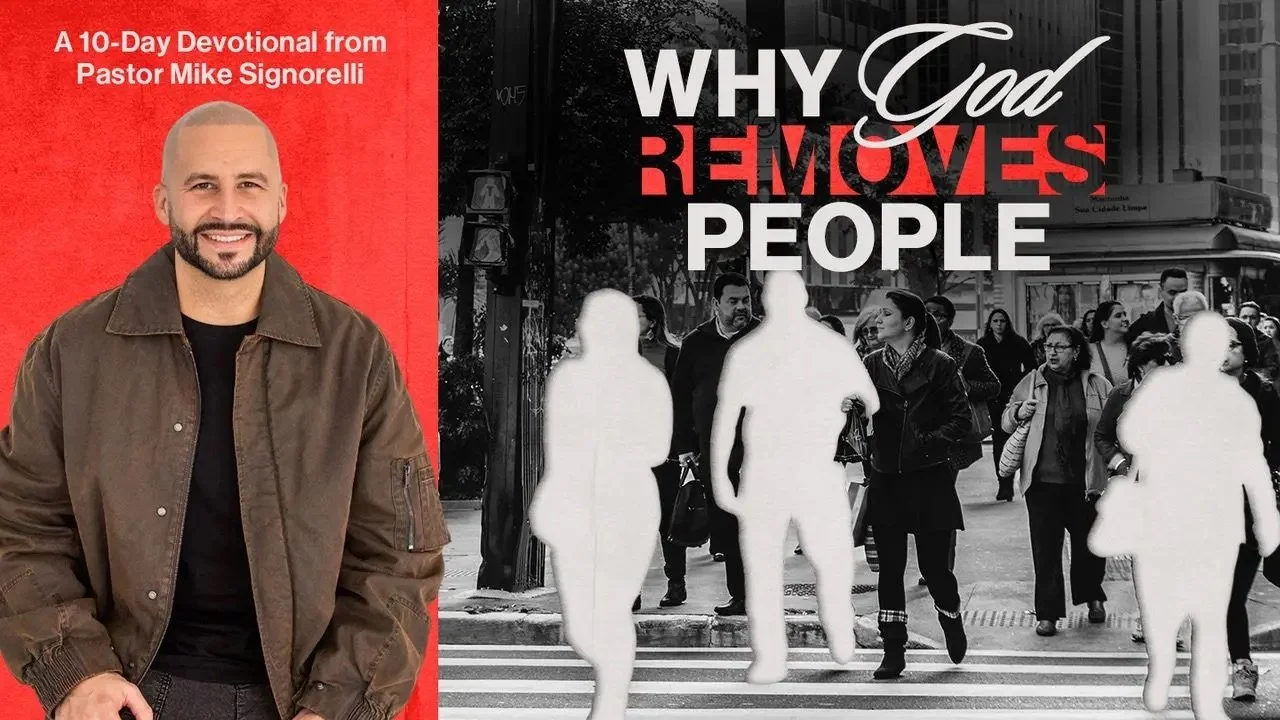
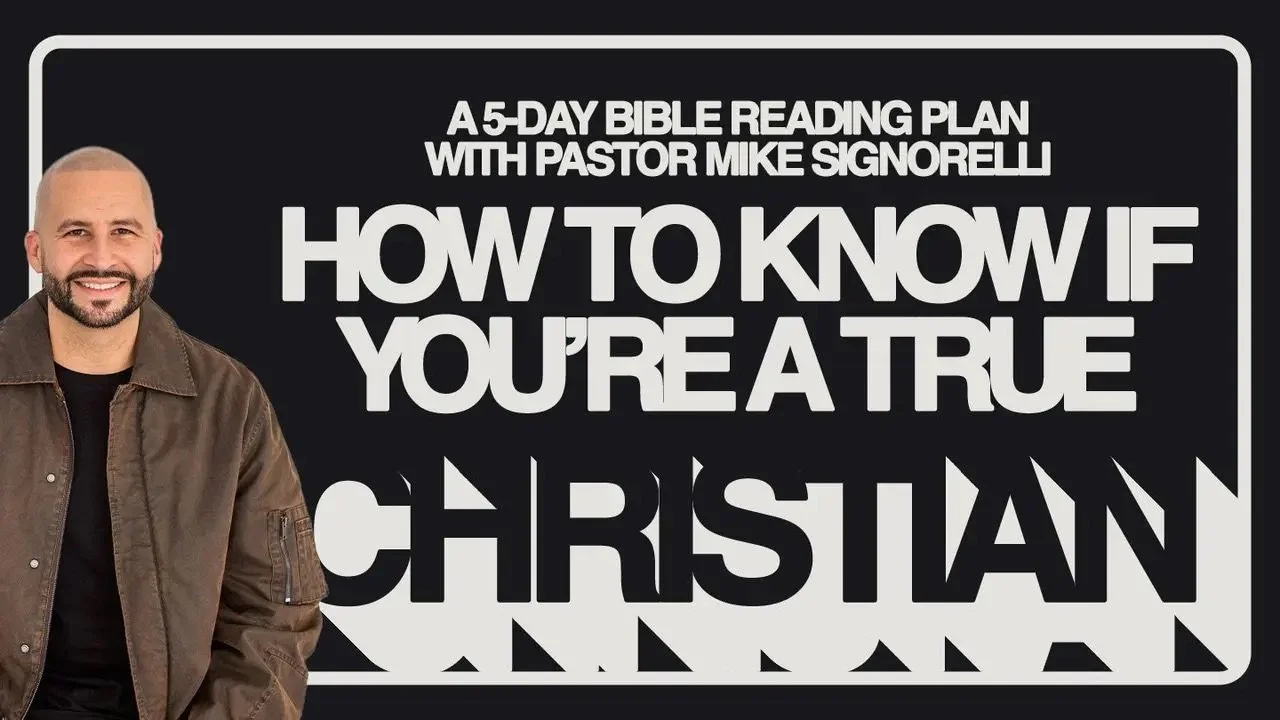

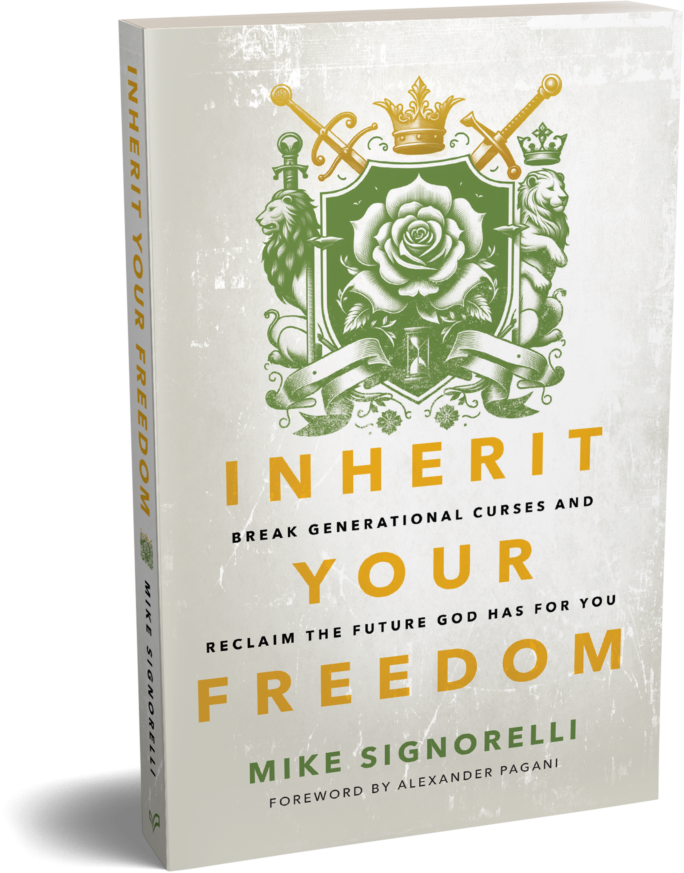

Prophetic dreams about end times are increasing across America. Learn why spiritual preparation is essential and how to ready yourself for what's ahead.